Along with expanding the fields eligible for incentives and loosening regulations on eligible expenses, the new policy is expected to create a "fresh breeze", promoting a fair and transparent business environment.
Today, October 1, Law No. 67/2025/QH15 - Law on Corporate Income Tax (amended) officially took effect, marking many new and important regulations in tax policy on corporate income. With the goal of aiming at fairness, transparency and creating motivation for sustainable economic development, the new law introduces many notable regulations, directly affecting the activities of the business community.
Tax rate classification, expanding investment incentives
One of the most notable new points of this law is the application of tax rates based on revenue scale. While the general tax rate remains at 20%, the law has added incentives to reduce the burden on small businesses. Accordingly, businesses with total annual revenue of no more than VND3 billion will enjoy a tax rate of 15%, while businesses with revenue from over VND3 billion to VND50 billion will apply a rate of 17%.
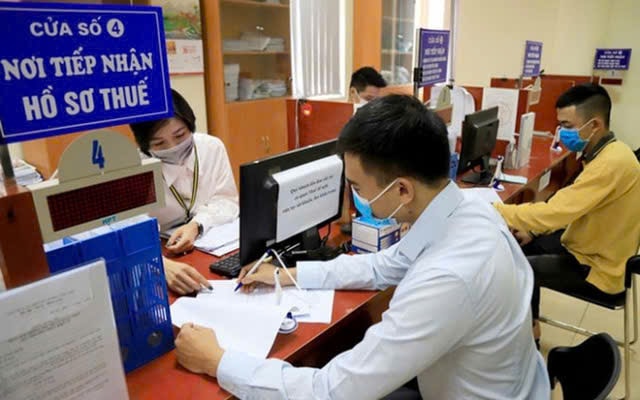
In addition, the law also stipulates specific tax rates for the resource exploitation sector. Oil and gas exploration and exploitation activities are subject to a tax rate of 25-50%, while the exploitation of rare resources (gold, silver, precious stones, rare earths...) is subject to a tax rate of 50%, which can be reduced to 40% if the project is located in a particularly difficult area.
The scope of industries that enjoy tax incentives has also been significantly expanded. Now, investment projects that are eligible for special investment incentives and support, along with investment activities in technical facilities, incubators, and co-working spaces supporting innovative start-up small and medium enterprises, are all eligible for incentives. The law also provides other attractive policies such as applying a 10% tax rate for 15 years to new investment projects in high-tech zones and high-tech agricultural zones; tax exemption for 2 consecutive years for enterprises converted from business households; and 50% tax reduction for public service units providing services in difficult areas.
Expanding eligible costs, tightening management for transparency
To create more favorable conditions for businesses, the 2025 Corporate Income Tax Law has clarified and expanded many deductible expenses when determining taxable income. An important new point is allowing businesses to account for valid expenses such as expenses for seconded personnel participating in management at specially controlled credit institutions, expenses for production and business but not corresponding to revenue in the period, expenses to support the construction of public works associated with business activities, expenses for activities to reduce greenhouse gas emissions towards the Net Zero target, and contributions to funds established by the Prime Minister .
In particular, the new law is also more flexible in allowing some cases where non-cash payment documents are not required but are still recognized as valid expenses.
Along with the relaxation, the law also tightens management to prevent budget losses. Some non-deductible expenses have been clarified, including: interest payments for non-credit institutions exceeding the prescribed interest rate; VAT paid under the deduction method (except for cases where tax is not refunded).
In general, this tax policy adjustment clearly demonstrates the dual goal: both supporting and creating momentum for businesses, especially small businesses and high-tech and innovative sectors; and enhancing transparency and fairness in management. The Law on Corporate Income Tax 2025 is expected to create a favorable legal corridor, promote investment, enhance national competitiveness and contribute positively to the sustainable growth of the economy.
Source: https://daibieunhandan.vn/luat-thu-nhap-doanh-nghiep-2025-giam-ganh-nang-cho-doanh-nghiep-nho-thuc-day-dau-tu-ben-vung-10388826.html




![[Photo] Closing Ceremony of the 10th Session of the 15th National Assembly](/_next/image?url=https%3A%2F%2Fvphoto.vietnam.vn%2Fthumb%2F1200x675%2Fvietnam%2Fresource%2FIMAGE%2F2025%2F12%2F11%2F1765448959967_image-1437-jpg.webp&w=3840&q=75)
![[Photo] Prime Minister Pham Minh Chinh holds a phone call with the CEO of Russia's Rosatom Corporation.](/_next/image?url=https%3A%2F%2Fvphoto.vietnam.vn%2Fthumb%2F1200x675%2Fvietnam%2Fresource%2FIMAGE%2F2025%2F12%2F11%2F1765464552365_dsc-5295-jpg.webp&w=3840&q=75)




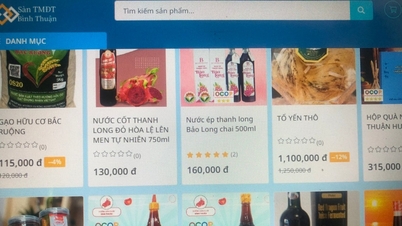

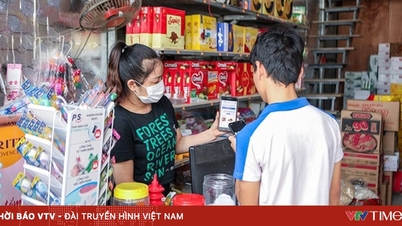

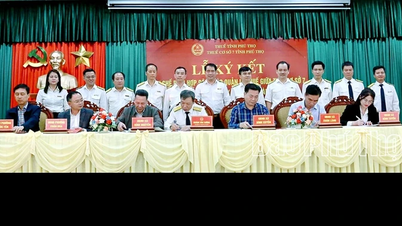

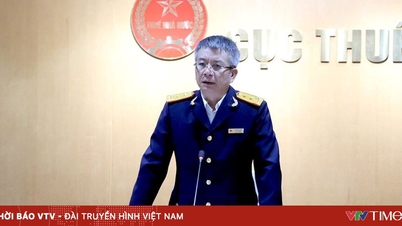
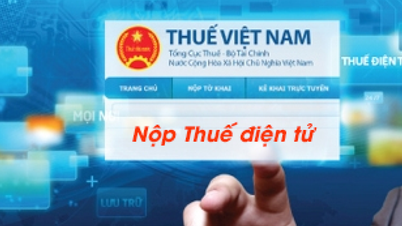


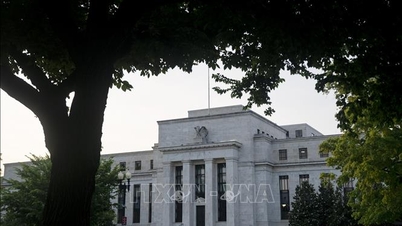

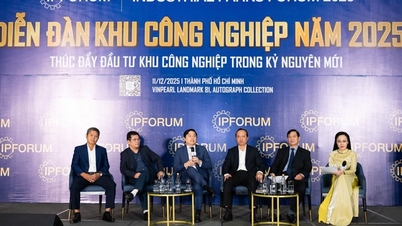



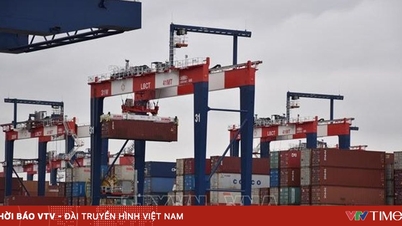




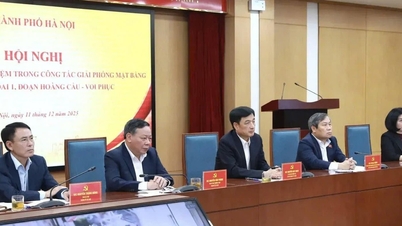

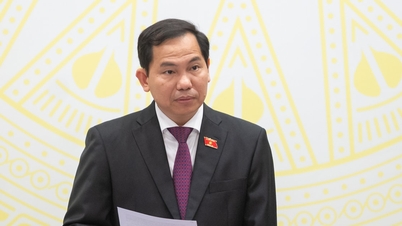
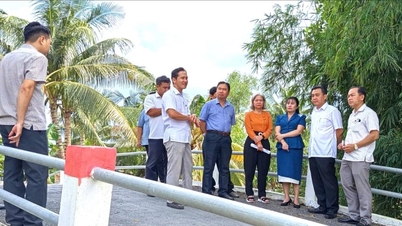
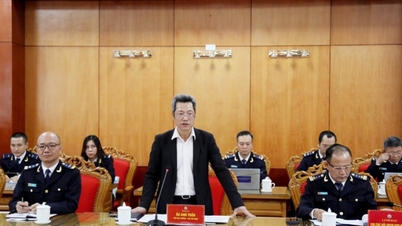
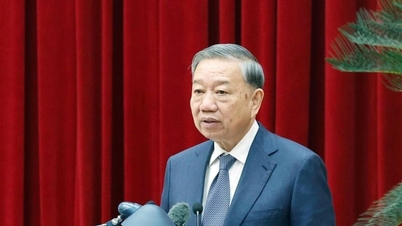






















![[OFFICIAL] MISA GROUP ANNOUNCES ITS PIONEERING BRAND POSITIONING IN BUILDING AGENTIC AI FOR BUSINESSES, HOUSEHOLDS, AND THE GOVERNMENT](https://vphoto.vietnam.vn/thumb/402x226/vietnam/resource/IMAGE/2025/12/11/1765444754256_agentic-ai_postfb-scaled.png)































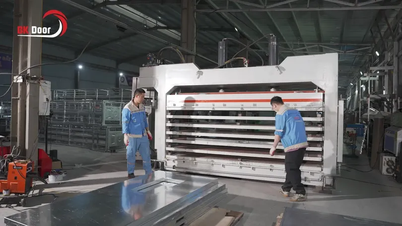




















Comment (0)